BIPOC Voices Welcome Students into STEM
Connecting Science and Social Justice with BIPOC Role Models
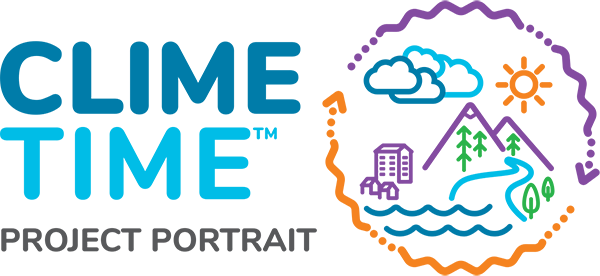
Overview
The BIPOC Voices project supports educator and student learning about Black, Indigenous, and People of Color scientists and community advocates. This project comprises a set of multimedia resources, including video interviews and an activity guide, that are designed to inspire critical conversations about BIPOC representation, justice-related professional pathways, and the role science can play in helping communities to thrive. Educators engage online with an asynchronous course to deepen their own learning, prepare for classroom implementation of the resources, and reflect on their experiences facilitating activities with students.
What We Did
Video creation: In partnership with ESD 112, the University of Washington, and Playfish Media, EarthGen identified and interviewed five BIPOC professionals engaged in science and social science research along with community education and organizing efforts. Each video is between six and eight minutes long and features the scientist’s reflections on their formative experiences; challenges and supports they encountered; the passions and commitments guiding their work; and their advice for youth. In 2022-23, EarthGen is collaborating with Playfish Media to create additional videos featuring professionals representing a wider range of racial and cultural identities and career types.
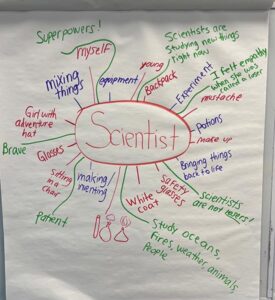
Example of notes from a class discussion about what it means to be a scientist, with new ideas added after students watched the BIPOC. Image by Kendra Jergovic
Educator connections: In summer 2022, EarthGen held two focus groups with educators to gather ideas on how the videos could be used with students, supplemental resources that could support classroom implementation, and ways to strengthen the videos themselves.
Resource development: Based on input from educators, EarthGen developed an activity guide to accompany the videos. The guide includes discussion and reflection prompts, a graphic organizer, and multiple activity ideas. In addition, EarthGen created a course on the Canvas learning management platform, with modules focusing on project context and background learning, implementation planning, and reflection.
Educator implementation: In 2022-23, EarthGen is piloting the videos, activity guide, and Canvas course with K-12 teachers and curriculum specialists. Educators’ reflections and student artifacts will inform further revisions of the resources and professional learning experience.
What We Learned
Impact of BIPOC perspectives on student engagement: Many participating educators recognized the importance of increasing BIPOC representation and amplifying global majority expertise and leadership prior to engaging in the BIPOC Voices pilot. However, they shared that the learning experience deepened their commitment to this work. Some participants facilitated student discussions about systemic racism, cultural identities, and the role of STEM in advocating for social and environmental justice. Students were excited to hear from scientists who looked like them, and this experience supported students’ understanding of themselves as scientists. Educators saw global majority representation as an important way to support students’ sense of belonging in STEM and to strengthen the scientific fields by lifting up BIPOC youths’ brilliance.
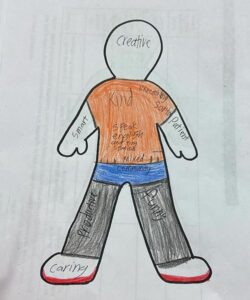
Example of student work, based on the Finding Our Superpowers Activity, in which students identify their skills, knowledges, strengths, interests and passions, relationships, communities they are part of, and other aspects that can contribute to their career journeys (image provided by teacher Savannah Olkowski). Image by Savannah Olkowski
Creative adaptations: Educators in the BIPOC Voices pilot tailored their implementation of the resources for their students. Some teachers aligned the resources with existing activities in their classrooms, such as a career fair and a unit about immigration. Other teachers extended the learning within BIPOC Voices with additional activities, such as researching youth activists, lesser-known scientists throughout history, and the causes of and potential solutions to racial disparities in STEM fields. Educators who work with younger learners incorporated creative forms of scaffolding to support students’ understanding of the complex concepts described in the videos and to connect the ideas to students’ interests and prior classroom conversations.
Supporting educators’ own understandings: Many participants shared that the BIPOC Voices videos, resources, and professional learning experience were helpful for broadening their own understanding of these topics. Several educators who hold leadership roles, such as curriculum specialists and those serving on district-wide curriculum and instruction committees, leveraged their engagement with BIPOC Voices to encourage the teachers they work with to consider these issues as well.
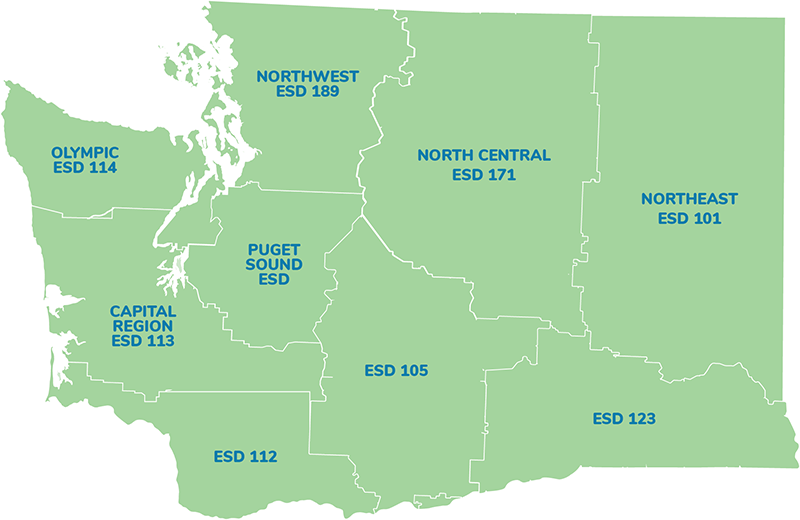
Project Reach
Through cohort-based learning and implementation, EarthGen is prepared to support hundreds of educators with these resources each year.
Project Partners
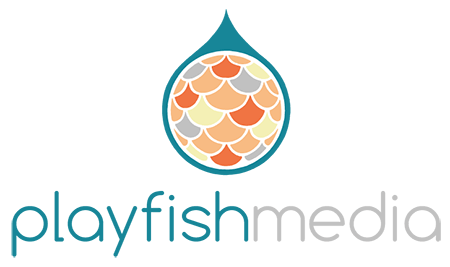
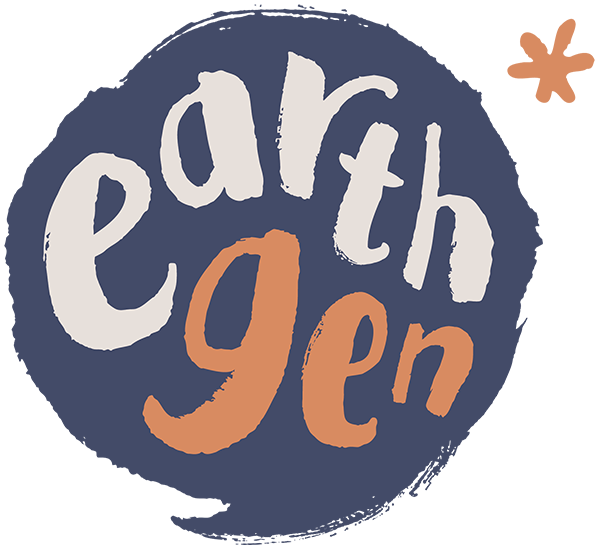

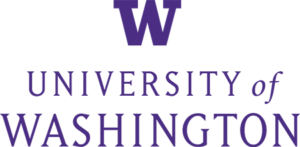
Feedback
The videos made me reflect on my teaching and who I was leaving out in my conversations, not just in science, but in most areas of my teaching. Leaving out the contributions and voices of other peoples creates an imbalanced education.
– Mary Cortinas
This professional learning experience provided fantastic resources and supplemental information where I can implement improved representation INSTANTLY into my classroom.
– Maddy Tanis
Contact
For more information contact:
Rae Jing Han
Education Specialist
EarthGen
rae@earthgenwa.org
